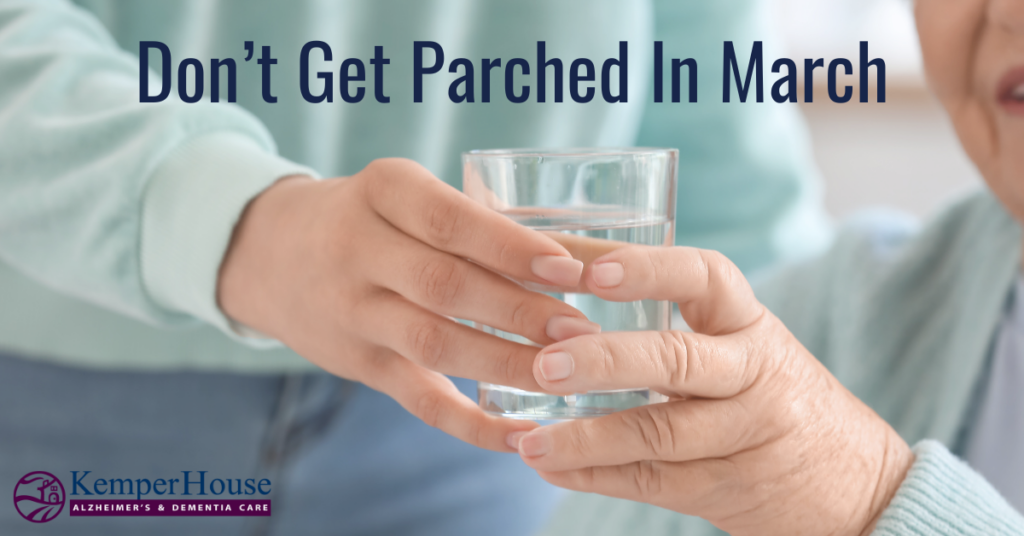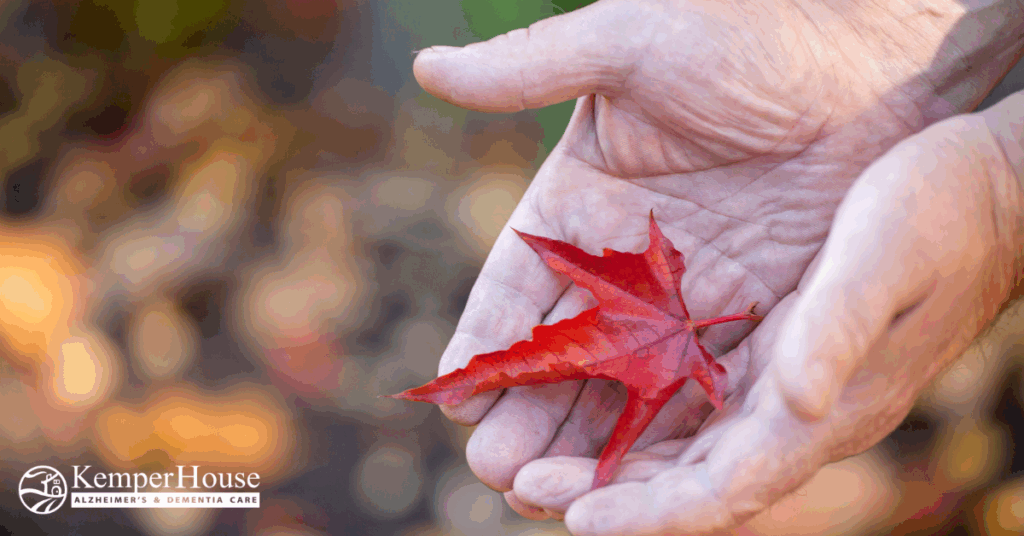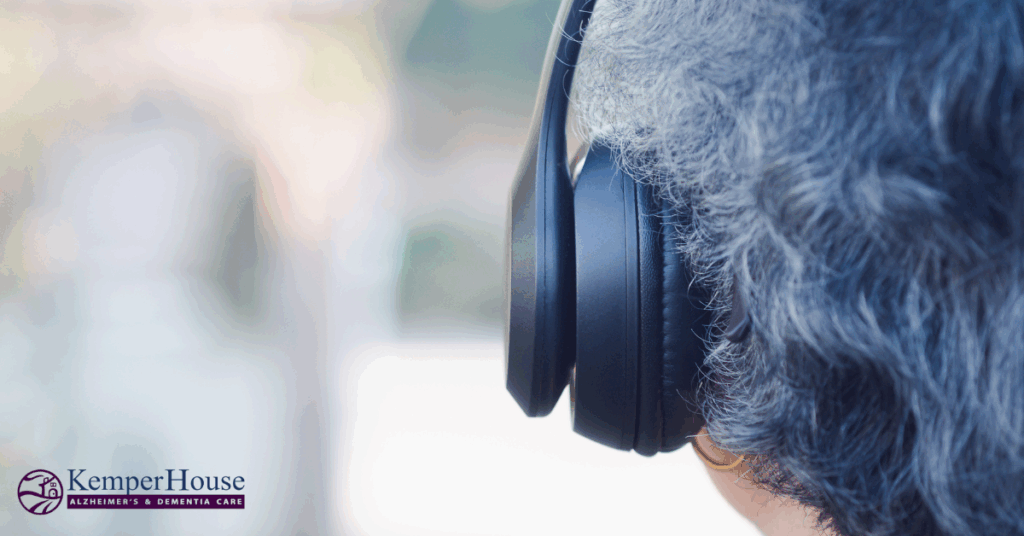
Don’t Get Parched In March
We tend to think of dehydration as a problem associated with summertime. But often, people drink less in cold weather because they feel less thirsty. Hydration is important for overall health, and recent studies show that staying hydrated might slow the progress of memory loss as well.
Researchers followed the hydration patterns of 11,000 adults for 25 years. In 2023, they published their results in The Lancet. People who stayed hydrated were less at risk for premature death and chronic diseases, including dementia. The study suggested older adults put a hydration routine in place, especially if they are already experiencing memory loss.
Before we talk about hydration routines, let’s remember the body’s need for water as we grow older. The human body is typically made up of 60 percent water. But as people age, their muscle mass reduces, which lowers their body composition to about 50 percent water. This change in water weight means that a drop in water consumption feels more drastic to the system.
Yet, there are plenty of reasons older adults might drink less water. Issues with the bladder and incontinence might make people tend to avoid water. If they need assistance going to the bathroom or find it tiring, it’s natural to avoid liquids. Mobility issues like arthritis can also impede someone from getting a drink and getting to the restroom.
Many study participants also reported taste and smell changes that made eating and drinking less desirable. Other people might take medication that reduces their body’s water weight. Some seniors might find that changes to their kidney function mean they don’t hold on to as much water as before.
People with memory loss face unique challenges to staying hydrated in that they might forget to drink liquids altogether. Their brain and body don’t communicate effectively to tell them when they are thirsty, so they aren’t always able to recognize when they need a drink. For caregivers, preventing dehydration can be an ongoing challenge that involves difficult decisions.
For all of these reasons, water intake for older adults is especially important in the winter months. Here are some techniques for encouraging hydration:
- Keep water easily accessible all day.
- Suggest regular sips of water throughout the day.
- Serve drinks during activities throughout the day.
- Alternate plain water with light fruit punches or similar.
- Offer watermelon, celery, and other water-rich foods as snacks.
- Monitor medication side effects to see if they are increasing dehydration. Medication time might also be a good time to encourage taking a few extra sips of water.
- Remind family and friends to integrate drinking fluids throughout the day.
- Provide fun cups that people enjoy drinking from. See who prefers straws, who likes ice, and who loves sporting a bedazzled pink reusable water bottle.
- Ensure walkers/wheelchairs and tables have places to put drinks or areas in reach to set drinks.
By Brooke DeNisco


